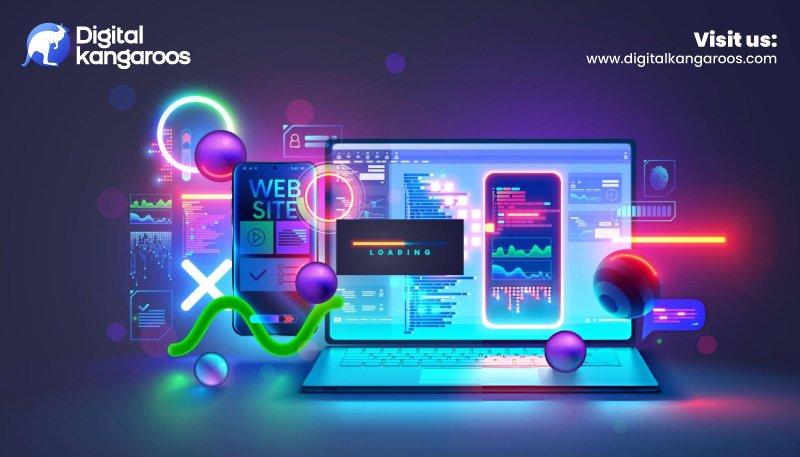Top Educational Games of 2025: Transformative Learning Tools Making a Difference
The landscape of learning is evolving rapidly, with educational games leading the charge in 2025. As technology integrates more deeply into classrooms and homes, these transformative learning tools are playing a pivotal role in engaging students, deepening understanding, and making learning enjoyable. In this complete guide, we explore the most impactful educational games of 2025, showcase their benefits, and offer practical tips to maximize their educational potential.
Why Educational Games Are Transforming learning in 2025
traditional teaching methods are being supplanted by dynamic, game-based learning experiences. The best educational games in 2025 harness immersive technologies like virtual reality (VR), artificial intelligence (AI), and adaptive learning platforms to create tailored, interactive experiences that boost retention and motivation.
- Personalized Learning: Games adapt to each student’s strengths and weaknesses.
- Real-World Request: Gamification mirrors real-world problems and decision making.
- Increased Engagement: Interactive gameplay sustains attention far longer than traditional methods.
- Collaboration Skills: Many games foster teamwork through multiplayer modes and discussion-based problem-solving.
- Immediate Feedback: Students learn from instant responses,refining skills in real time.
Top Educational Games of 2025
Hear’s our curated list of the most influential educational games of 2025,recognized for their innovation,accessibility,and learning outcomes.
1. ClassQuest VR
classquest VR offers a suite of immersive virtual reality experiences mapped to curriculum standards. Students can explore the pyramids of Egypt, conduct virtual science experiments, or travel back in time to the Industrial Revolution—all from their classroom or living room.
- Subject Coverage: History, Science, Geography
- Key Feature: Spatial learning and interactive challenges increase retention by over 40% (source: EdTechInsights 2025).
- Best For: Middle and high school students
2. MathTrek: AI Academy
MathTrek: AI Academy leverages adaptive AI algorithms to craft personalized math challenges, progressing from basic arithmetic to calculus. Gamified rewards,leaderboards,and collaborative puzzles motivate students to master concepts at their own pace.
- Subject Coverage: Mathematics (Grades 3-12)
- Key Feature: Individualized learning paths and real-time progress tracking
- Best For: Elementary to upper secondary
3. LanguaLand AR
LanguaLand AR uses augmented reality to drop learners into everyday conversations and cultural scenarios in their target language. Speech recognition and natural conversation prompts help develop real-world communication skills.
- Subject Coverage: Foreign languages (Spanish, French, Mandarin, and more)
- Key Feature: AR immersion and instant pronunciation feedback
- Best for: All ages, especially early learners and adults
4. CodeCraft Universe
CodeCraft Universe gamifies programming by letting students build, test, and share interactive projects in Python, JavaScript, or block-based coding. Missions encourage teamwork to solve real-world STEM problems.
- Subject Coverage: Coding, Computational Thinking
- Key Feature: Community-driven collaboration and peer reviews
- Best For: Upper elementary to college students
5. EcoSim City: sustainability Challenge
ecosim City transforms environmental science into an strategic city-building challenge. students make choices about energy, resources, and policy, understanding the impact of sustainability practices while competing in global leaderboards.
- Subject Coverage: Environmental Science, Social Studies
- Key Feature: Real-time simulation and problem-solving scenarios
- Best For: Grades 6-12
Benefits of Using Educational Games in the Classroom and Beyond
- Enhanced Motivation: Elements like points, badges, and leaderboards provide extrinsic and intrinsic rewards.
- Critical Thinking: complex challenges encourage logical reasoning and problem-solving.
- Inclusivity: Many games are designed with accessibility in mind, catering to different abilities and learning styles.
- Parental Engagement: Family-kind designs promote shared learning at home.
- Data-Driven Insights: Teachers and parents can access actionable analytics for targeted support.
Practical Tips for Maximizing Educational Game Success
- Align Game Content with Learning Objectives: Choose educational games that directly support your curriculum and learning goals.
- Incorporate Regularly: Integrate games as a consistent learning tool, not just an occasional reward.
- Encourage reflection: Follow gameplay sessions with discussions or written reflections to deepen comprehension.
- Monitor and Set Clear Expectations: Use in-game analytics and checkpoints to guide progress and maintain a balance between fun and learning.
- Promote Collaboration: Choose games that encourage teamwork and social interaction for peer-supported learning.
Case Study: Transforming Learning with Educational Games
“Before introducing MathTrek: AI Academy in our 5th-grade classrooms, students struggled to stay motivated and improve foundational skills. Within three months of regular gameplay, average test scores increased by 21% and previously disengaged learners began leading collaborative problem-solving discussions.”
— Emily Stanton, Elementary School Teacher, Boston, MA
This real-world example underscores the transformative impact of educational games, not only on academic outcomes but on student confidence and classroom culture.
First-Hand Experience: A Student’s Viewpoint
“Learning Spanish with LanguaLand AR made it fun to practice new words every day. I loved stepping into different scenes at home and trying out conversations. It helped me get over my fear of speaking and I’m much more comfortable now, even outside the game.”
— Jessica M., High School Sophomore
The Future of Educational Games: What’s Next?
As educational technologies continue to evolve, we can expect future learning games to become even more personalized, socially interactive, and accessible. Developers are already experimenting with AI-driven tutors, cross-curricular storylines, and real-world connections that empower students as lifelong learners.
Conclusion: Harnessing the Power of Educational Games in 2025
the top educational games of 2025 are doing more than supplementing lessons—they’re redefining what it means to learn, collaborate, and achieve. whether in school or at home, these transformative learning tools make complex concepts accessible, engaging, and memorable.
to unlock the full potential of your classroom or personal learning journey, explore and integrate some of the best educational games of 2025 featured in this article. Their impact extends far beyond screen time—they’re building skills and enthusiasm that last a lifetime.

